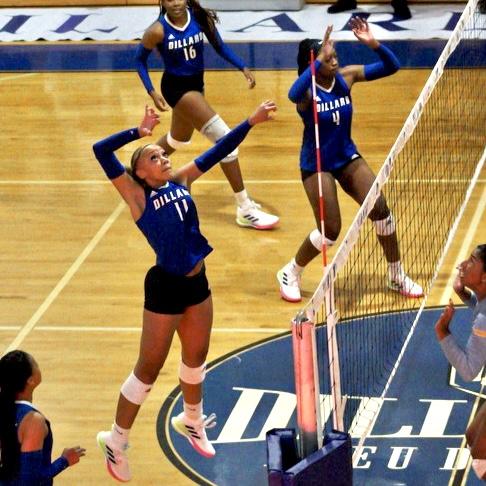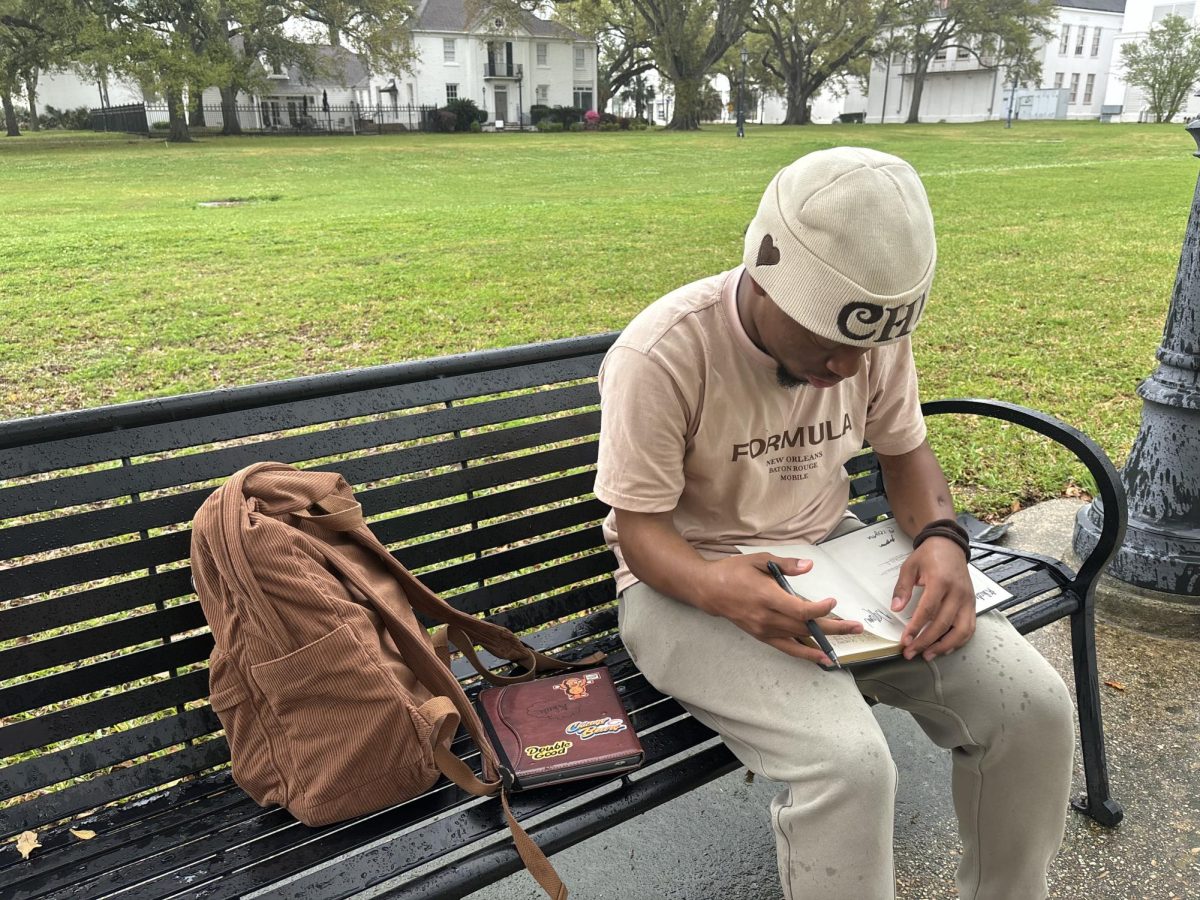NEW ORLEANS (Oct. 4, 2012) – The new inclusion of commuter students as defined “guests” for on-campus residence visitation, restrictions on children and infants in residence halls and $25 lockout fees after the first time are among changes in the 2012-13 Dillard University Residential Life Handbook.
Christopher Cameron, executive director of residential life, said he, along with desk assistants, resident assistants and the SGA on-campus representative were responsible for the updates effective this year. He said the group reviewed the last year’s handbook and put many the implied polices of the university in writing.
Page 12 of the handbook now includes commuter students in the definition of “guests” to campus regarding visitation in residence halls.
As Cameron explained in a Sept. 18 email, “Last year, guests were any non-Dillard person, and they had to be off-premises at 11 p.m. Visitation was defined as residents visiting between residence halls, and commuters had to be off-premises by 11 p.m. [Sunday through Thursday].
“The new clarification simply separates those who have always had to be off-premises at 11 p.m. (non-Dillard and commuters) versus residents (who can visit until curfew, if applicable),” the email said.
Changes also effect gender visitation. In Williams Hall and new-student Gentilly Gardens apartment, freshman residents may only have same-sex visitation. Students in DUALS, Evangeline and continuing-student Gentilly Garden apartments are subject to the above time constraints but may have guests of the opposite sex with the express permission of one’s roommate.
Said Cameron: “Students who do not have curfew mistakenly believed that they were not subject to visitation restrictions. This is a faulty understanding, and it caused roommate conflicts. Therefore, the new language makes it clearer to understand.”
Some commuter students, such as Asti Davis, a junior psychology major from Baton Rouge, are unhappy about being labeled a guest, who likened the rules to “visitation times for prisoners.”
Davis said, “I feel like this rule limits my ability to visit friends who live in on campus housing. We have no curfew and present no threat to the university by being on-campus beyond the normal visitation hours.”
Children and infants
Meanwhile, a section of the handbook labeled “Children, Infants, and Babysitting” on Page 3 says people younger than 17 years of age are “prohibited” in university housing with the exception of any contracted resident who has not reached 18 years of age,” meaning a young student living there. However, it adds that a person living in a resident hall with a young family member may have the child in the common areas or apartments “at the discretion of the Resident Manager” in accordance with visitation policy.
“Babysitting is prohibited in university housing,” according to the handbook.
When asked for clarification on what this means for students with children, Cameron responded, “It means they cannot have their child in the residence halls…The reason is for liability concerns.” Cameron added that Academic Affairs has to make the call about children in the classroom.
Kia Hill, a senior political science major from Mobile, Ala., has a 1-year-old daughter and said the policy not only excludes her 1-year-old daughter from university housing, but it also “constrains my support system that lives on-campus.”
Since Dillard has no family housing, Hill’s pregnancy resulted in her moving off-campus.
Lockout fees
Current students who reside in on-campus housing are given one opportunity to be locked-out of their apartment. The second lockout will cause their university account to be charged a $25 lockout fee. Collected funds will go into a university general account.
Other changes to the handbook include a listing of potential fines for violations, clarification of meeting spots for each building during a fire drill or fire and the adoption of mandatory residential life meetings.






















